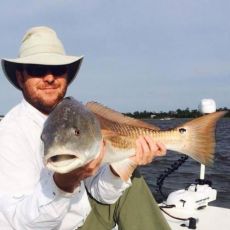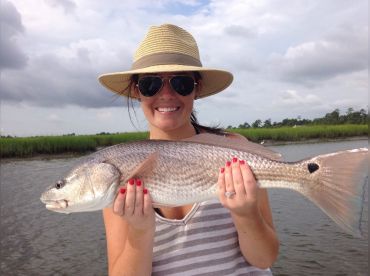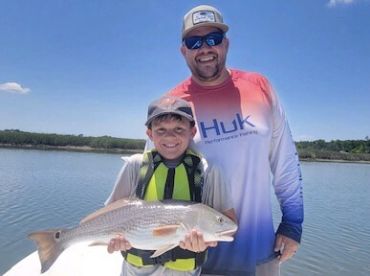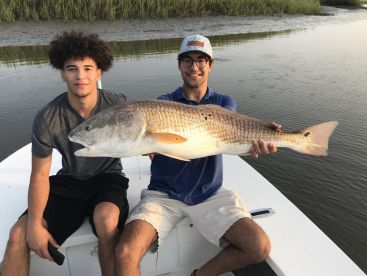Its hot!
Июнь 02, 2019
Mount Pleasant
1 фото
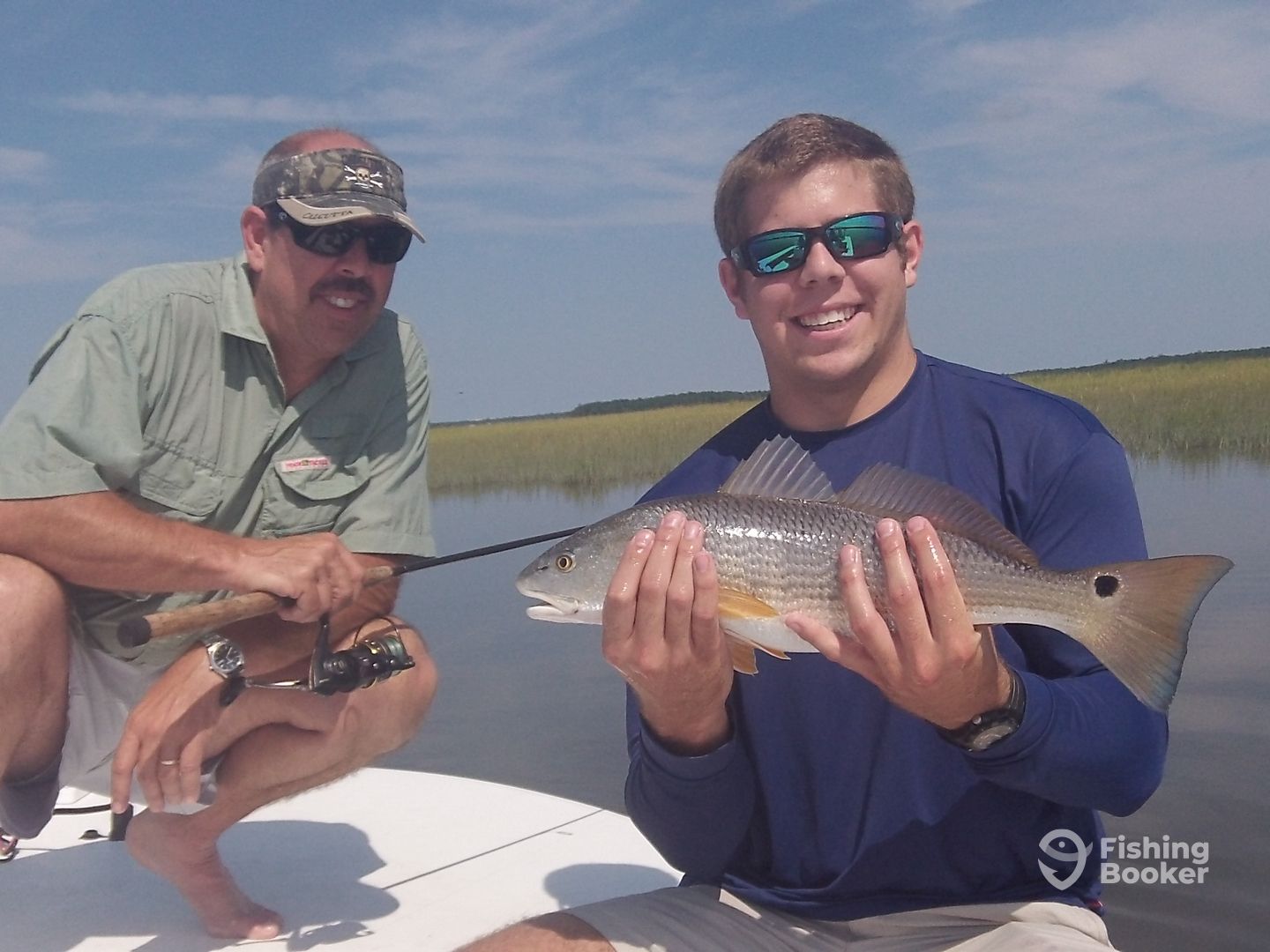
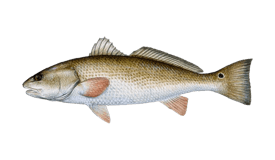
Красный горбыль
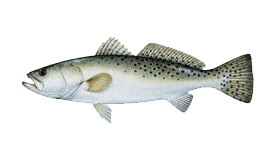
Пятнистая форель
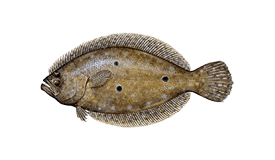
Камбала
Описание тура
Описание тура
With the recent heat wave the water temp is now in the 80’s and the fish are transitioning to more of a summer pattern. The redfish and trout bite have been strong and there is plenty of bait in the creeks.
